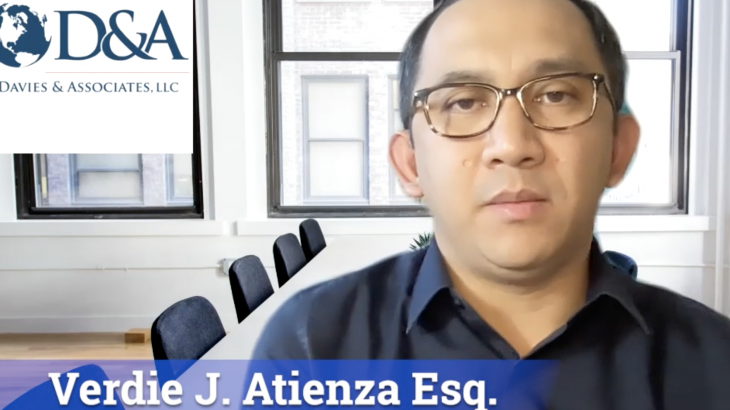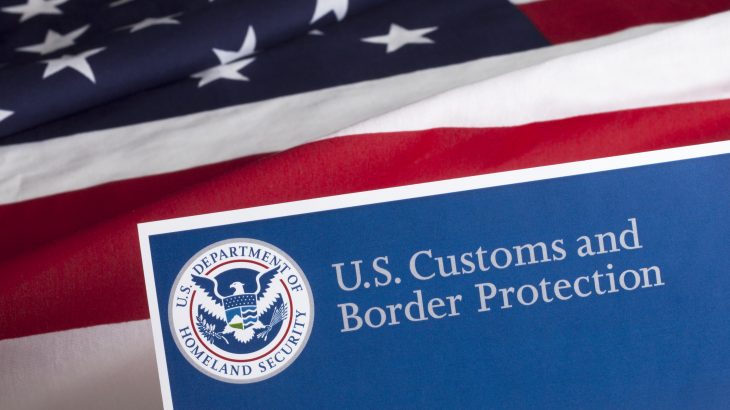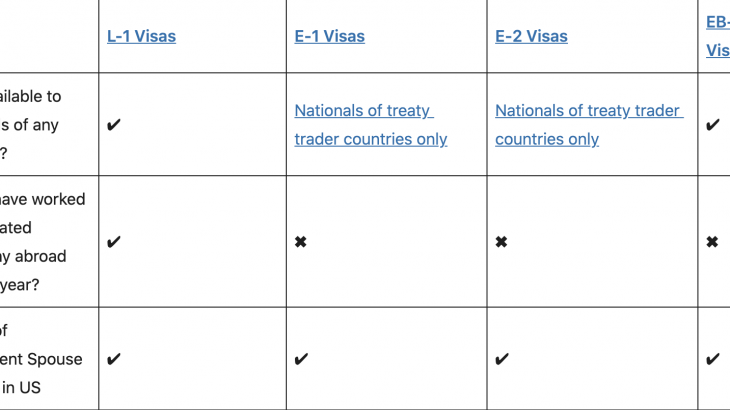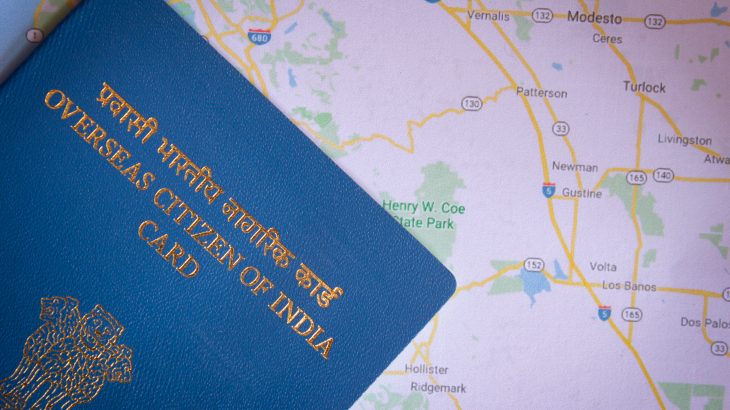India does not allow dual citizenship, but Overseas Citizenship of India (OCI) status offers a form of permanent residency with many of the benefits of Indian citizenship.
Second Citizenship and OCI
We have experienced a sharp rise in demand for second citizenship among our Indian clients over the past few years. While many wish to relocate to long-popular destinations like the UK, Canada & Australia, a new trend has been quietly emerging.
Indians have started to obtain citizenship of less well-known places like Grenada in the West Indies. Places they have never visited and sometimes never even heard of before.
Why are they doing this? Well Grenada has lots to offer in its own right – a stable economy, beautiful beaches, and cricket, to name just a few. But one of the primary motivating factors is the fact that it offers Indians access to the United States E-2 Treaty Investor Visa.
The E-2 Treaty Investor visa allows a person to move to the United States with their family for the purposes of investing in and running a business. Unlike the popular H-1B Visa, there are no limits or quotas, and it is not subjected to the same fast changing political whims.
The E-2 Treaty is governed by treaties with sovereign states, which outlast one particular president or another. But it is precisely because it is governed treaties that India is not eligible. India does not have a relevant treaty with the United States.
Therefore, to become eligible the E-2 visa, Indians need to first obtain citizenship of an E-2 Treaty country. The E-2 Treaty countries with the quickest and most cost-effective pathways to citizenship are Grenada and Turkey. Grenada has typically been more popular with our Indian clients.
What is OCI?
The only reticence we see with Indian clients pursuing the Grenada + E-2 route surrounds the issue of citizenship.
While Grenada allows dual citizenship, India does not. So, our clients are faced with the prospect of giving up their Indian citizenship for citizenship of a much smaller country a long way from home.
While for some, this is entirely worthwhile. They see the strength of the Grenada passport worldwide (it is one of the few countries to have visa free access to China, as well as the European Schengen area, and the U.K. – not to mention its access to the E-2 Treaty Investor Visa).
But for others, the decision can be more daunting.
That is where OCI or Overseas Citizenship of India comes in. Anyone faced with the prospect of giving up their Indian citizenship can apply for OCI status and have many of the same rights as full citizens.
The principle differences between OCI and full citizenship are that Overseas Citizens of India are not eligible to vote, are not eligible to hold public office, and are not eligible to acquire agricultural land.
In most other aspects Overseas Citizens of India are treated much the same as Non Resident Indians (NRIs), Indian citizens who reside outside of India for at least 182 days per year.
The OCI is essentially a life-long, multiple-entry visa to visit or live in India for any purpose including work. It is essentially a form of permanent residency.
Some benefits of OCI
- No need to report presence in India to the authorities
- Same rights as Non Resident Indians except not able to acquire agricultural land
- Additional permission required for work in fields of journalism, research, missionary and mountaineering
- Same rights as Indian citizens to domestic air fares and to the admission price for national parks
- Same rights as Non Resident Indians to work in registered progressions, e.g. doctors, dentists, nurses, advocates, architects, and chartered accountants.
And it is not only people who surrender their Indian nationality that are eligible for OCI status. Anyone with an Indian parent, grandparent or great grandparent is eligible. This makes the OCI program very popular in countries with large Indian diaspora communities like the United Kingdom, the United States and Canada.
Restrictions on OCI
- Cannot vote
- Cannot run for political office
- Cannot obtain government jobs
- Cannot acquire agricultural land
Grenada Citizenship by Investment
Citizenship of Grenada can be obtained within an average of less than three months for an investment in real estate starting from $220,000 or a donation to a public fund from $150,000. The Turkish program requires an investment in real estate starting from $250,000 or deposits in a Turkish bank of $500,000 or more.
What is the E-2 Visa?
The E-2 visa allows a person to move to the U.S. with their family to actively invest in and run a business. The required investment should be suitable for the business, usually starting from $100,000, and this should be reflected in a credible business plan. Spouses can apply for work authorization outside the business and the family is free to travel to and from the United States.
It is possible to invest in a franchise business, or set up a business from scratch. It is important that the business is structured in a way that complies with all immigration regulations. We advise E-2 applicants to engage not just our immigration lawyers, but also our corporate lawyers. Both teams work closely together to maximize the chances of a successful application and subsequent renewals.
Reversing the Process: Becoming a Citizen Again
The decision to surrender Indian citizenship is rarely taken lightly. OCI offers many of the same benefits, and for people whose minds or circumstances have changed, there is a route to re-obtaining Indian citizenship.
A person who is registered as an OCI for 5 years is eligible to apply for Indian Citizenship if they have been living in India for one of those five years.
This is, nevertheless, an immensely important decision. We recommend that you speak with our attorneys so you are fully apprised of OCI, citizenship by investment, and where applicable, the E-2 Treaty Investor Visa. Please contact us to discuss your personal circumstances.
This article is published for clients, friends and other interested visitors for information purposes only. The contents of the article do not constitute legal advice and do not necessarily reflect the opinions of Davies & Associates or any of its attorneys, staff or clients. External links are not an endorsement of the content.



































